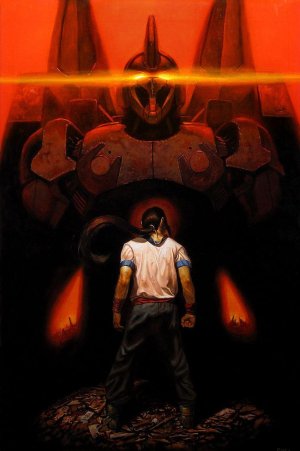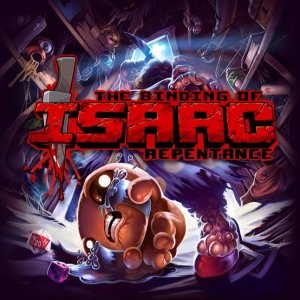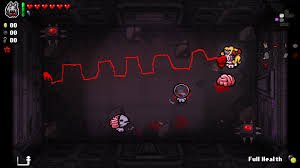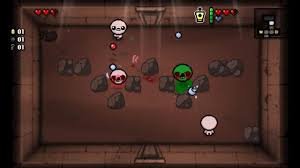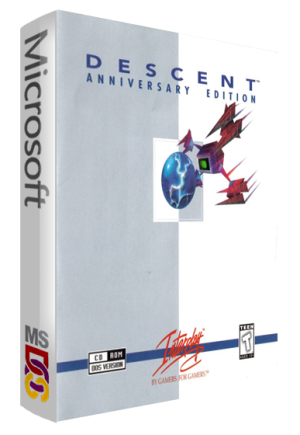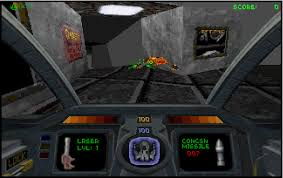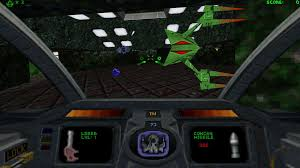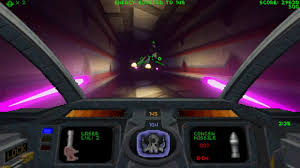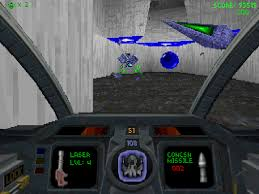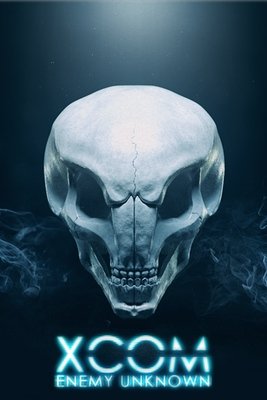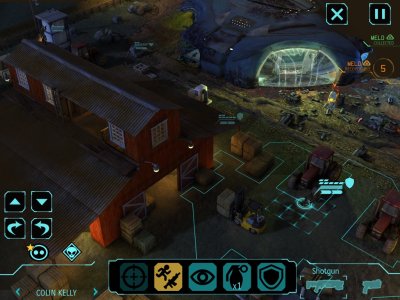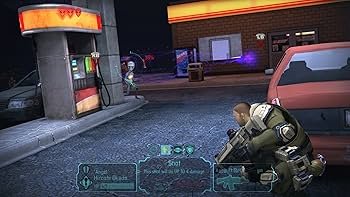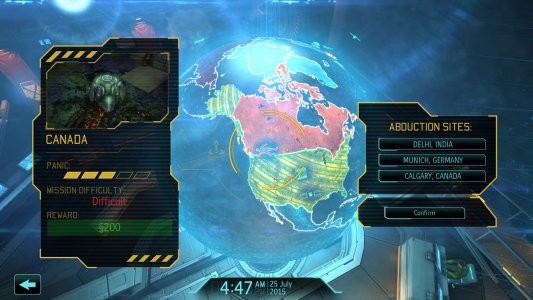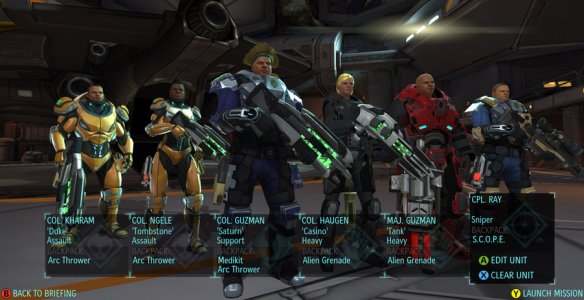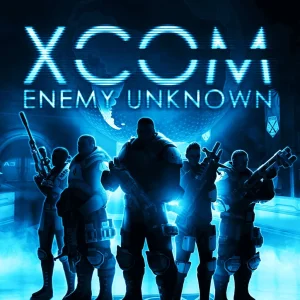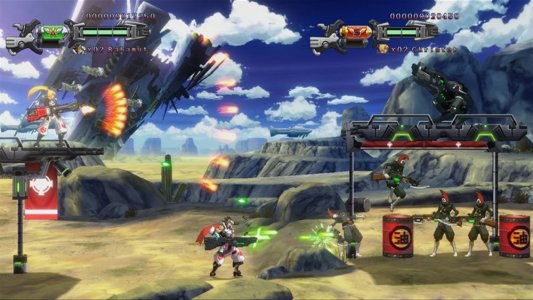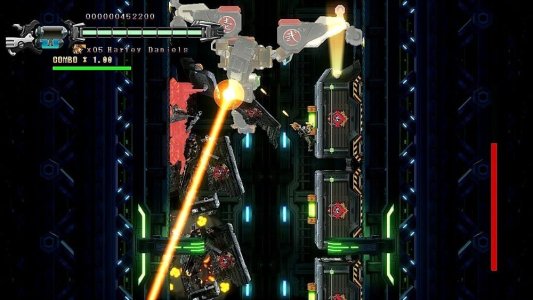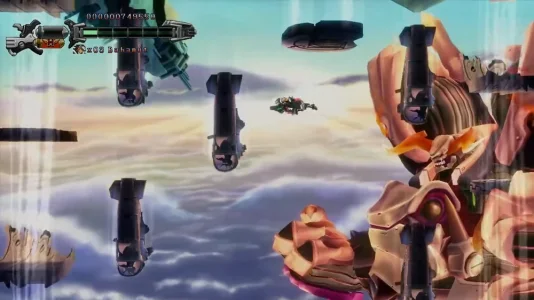Format: PS1
Year of Release: 1998
Developer: SquareSoft (Square Co. Ltd)
Genre: J-RPG
Why I picked it: Theme and Ambition
Many classic games which have already been drafted here have a case for being the best J-RPG ever made. Anyone who likes this style of game and has not played Xenogears needs to rectify that immediately! The lineage of Xenogears intersects with all of the titles mentioned before and it has achieved a similar legendary status among J-RPG fans. I can only assume that the reason this game has not been drafted yet is that no modern ports have ever been released that I know of (maybe there was a PS3 version?) which makes it basically abandonware at this point. I'm lucky then that this crowd appears to skew more Nintendo because it seems like everyone who has played this game will not shut up about how it changed their life.
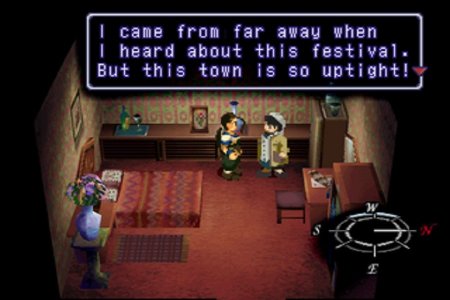
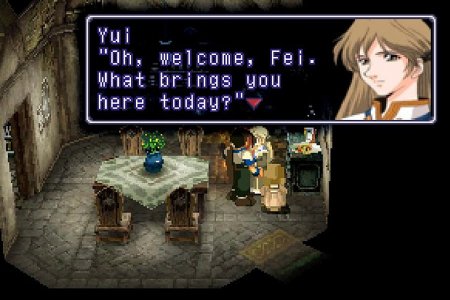
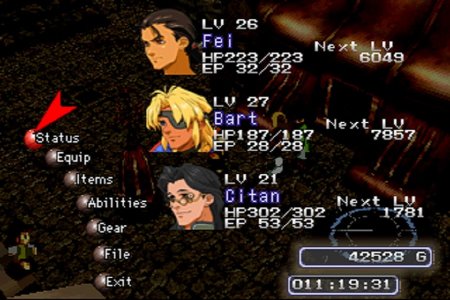
Am I one of those people? Well no, actually. I didn't even finish it on my first playthrough and somehow I forgot to include it on my 40 game short-list of titles I maybe wanted to draft. I had another game slotted here with all of the pictures and words ready to go and then it struck me like a bolt of lightning out of the blue that not only do I need to draft this game, I need to draft it right now before someone else gets to it! Even if that means scrambling to put together a write-up and collect screenshots at the last possible minute. Heck, I even feel compelled to go find my old PS1 and pull it out of the box for the first time in a decade to play through this whole game right now! What could possibly be going on here? Suffice it to say this is a game experience that can work it's way under your skin.
The basics: Xenogears was a one-off science fiction and fantasy RPG from SquareSoft that was developed in parallel to Final Fantasy VII. The story was conceived by Tetsuya Takahashi and Kaori Tanaka, a married couple who had both worked as graphic designers on Final Fantasy VI. Tetsuya Takahashi would then go on to serve as a graphic artist on Chrono Trigger and maybe at one point this was planned as a sequel to Chrono Trigger? It's complicated. The story that Takahashi and Tanaka came up with starts with an amnesiac protagonist named Fei who discovers soon enough (in the opening scenes) that he's really really good at sliding into a giant Mecha suit and wreaking havoc. Right away this introduces one of this game's coolest features -- a variation on the Active Time Battle system which uses button combos to trigger signature moves like you would see in a fighting game. And it's really damn cool!
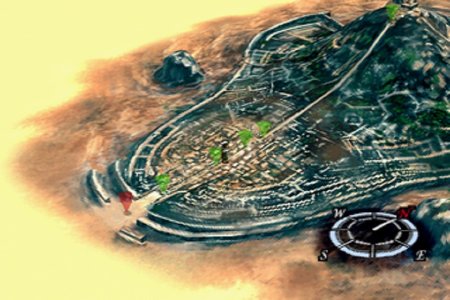
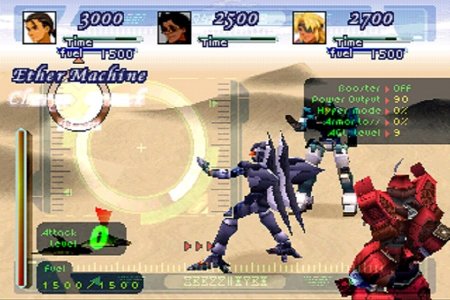
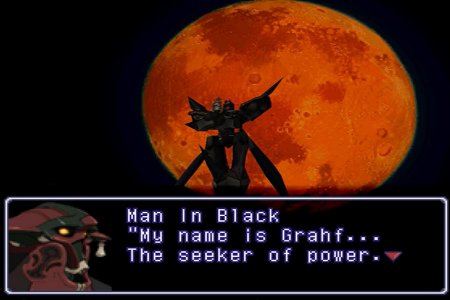
As an impressionable youth I was obsessed with re-watching two 1989 movies which I don't often see cited as core texts among my contemporaries. The first movie was Cheetah (no real relation to Xenogears here) and the second was Robot Jox --a soapy b-movie about a group of mech pilots who fight arena duels with other mech pilots as proxy wars to settle disputes between countries. I can't tell you much else about the movie now. I think that I mostly just liked watching giant robots fight each other. So at some level I'm hard-wired for this kind of thing and Xenogears uses the magnetic allure of Gundam-style pilotable robot tanks to smuggle in a massively complicated storyline about theology, philosophy, psychology, and the origins of the human race which spans eons of history. Where else really are you going to find a game script which references Star Wars and Neon Genesis Evangelion in the same breath that it ruminates about Jungian psychology and Friedrich Nietzsche with allusions to Christian Gnosticism sprinkled throughout? That is both fantasy and science-fiction and has a whole middle section which is basically just a 3D mech fighting game? I guess there are other Xeno- titles you could turn to but this is the ur-Text.
Because I never finished the game I didn't make it to the massively flawed second half which I've only heard about. Apparently the development team spent their entire budget building the first half of the game so when you swap in Disc 2 for what should be an epic continuation and satisfying conclusion to a time-twisty sociological treatise about the nature of belief and how it intersects with power and personal responsibility what you get instead is a bunch of cut scenes which whisk you through the best plot points in fast-forward with very little actual gameplay to accompany them. Something something Icarus, yadda yadda yadda. You get the idea.
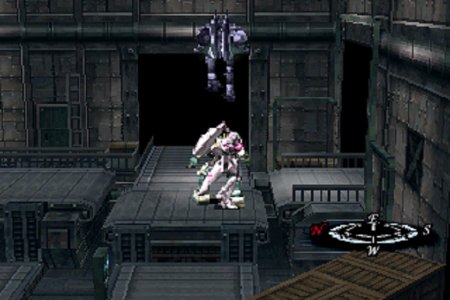
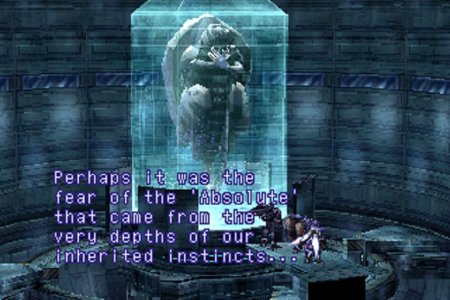
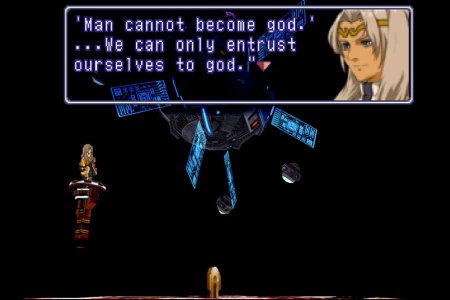
A phrase I'm fond of saying when explaining my reactions to movies is that I would prefer an ambitious failure to an artful facsimile. What I mean by that is that I want an artist to tell me something -- about yourself, about the way you see the world, about life and death or maybe just about your favorite spot to get coffee every morning and why it's so special to you. Just give me something. There are a lot of skillfull artisans in the world who are expert in recreating the surface flourishes of somebody else's artistic statement whether that be playing every Jimmy Hendrix guitar solo or writing in the style of their favorite author. Or in a movie context that might mean crafting a pastiche of a hip genre (let's say the Jean Pierre Melville crime movie) which really doesn't have much to say other than "isn't this all cool?" I appreciate the work that goes into a well made replica but ultimately what I'm actually interested in is not these stylistic touches but what's going on in the mind of the author. Xenogears may be an ambitious failure in some ways but there is also contained within about 40 hours of sublime J-RPG gameplay from a studio that was just cresting a wave of creativity and there's no question that this game is about something.
I have mostly been treating this exercise similar to @Padrino as a way to point to the video games which I find exceptional and explain why they matter to me. But I also think @Mr. S£im Citrus made a good point about curating a list of games I would be happy with if they made up the entirety of my library for all time. This pick is about serving both masters -- I loved the portion of this game that I did already play because it lives in the same sandbox with so many of my sci-fi, fantasy, intellectual, and prosaic interests. But there's also quite a lot here left for me to experience for the first time, perfect for a spot on the desert island.
Note: I tried to pick a good sampling of screenshots but they don't really convey what it's like to play this game so here's some gameplay footage to help with that:
Last edited:

